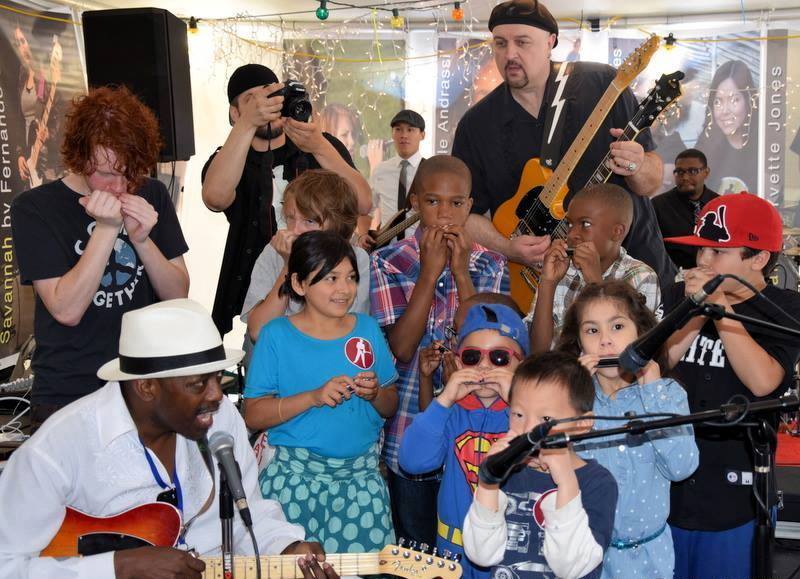Bringing Blues Education to Schools: A Vital Initiative
The Impact of Budget Cuts on Arts Programs
Arts and humanities programs in American schools have suffered significantly due to severe state budget deficits. Schools in low-income areas are particularly hard hit, facing the closure of arts programs and the loss of music, art, theater, and dance teachers. This trend has had detrimental effects on student engagement and academic performance.
Importance of Arts Education
Research indicates that students involved in arts programs tend to achieve higher academic scores, particularly on standardized tests like the SAT. Participation in music and arts fosters creativity, improves social skills, and enhances emotional expression.
Benefits of Music Programs for Children
Music education accelerates brain development, aids in language acquisition, and boosts mathematical abilities. It also provides a constructive outlet for emotions and encourages social interaction.
Why Blues Music?
Blues is a foundational American art form that has influenced various music genres, including jazz, R&B, and rock. Teaching Blues in schools helps students understand cultural history and the significant contributions of African American artists to American music.
Integrating Blues into the Curriculum
Blues education can be linked with subjects like history, sociology, and geography, providing a multidisciplinary approach that enriches students’ understanding of socio-economic and historical contexts. It promotes empathy, diversity, and collaboration among students.
Addressing Inequities in Music Education
Budget cuts disproportionately affect low-income, rural, and minority communities. Ensuring access to music education in these areas is crucial for providing equal opportunities for all students.
The Role of Fundraising and Private Initiatives
Supplementary fundraising and grants are essential for sustaining music programs in schools. Musicians and non-profits play a vital role in supporting these initiatives, ensuring that students have access to high-quality music education.
Societal Benefits of Music Education
Engagement in arts programs lowers dropout rates and increases college attendance. It cultivates self-esteem, motivation, and a sense of agency, preparing students for productive futures.
Conclusion
Incorporating Blues education in schools not only preserves an essential part of American cultural heritage but also enhances students’ academic and personal development. It is crucial to support and expand these programs to ensure that all children have the opportunity to experience the transformative power of music.
For more information, visit the Chicago Blues Society’s Bringing Blues to Our Schools page.

